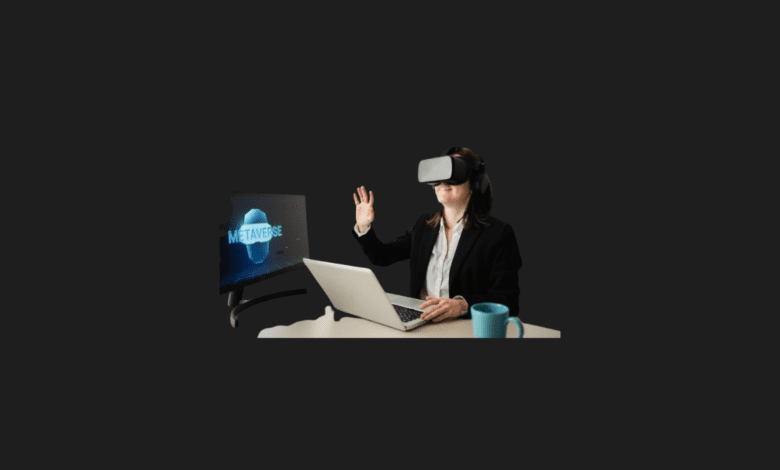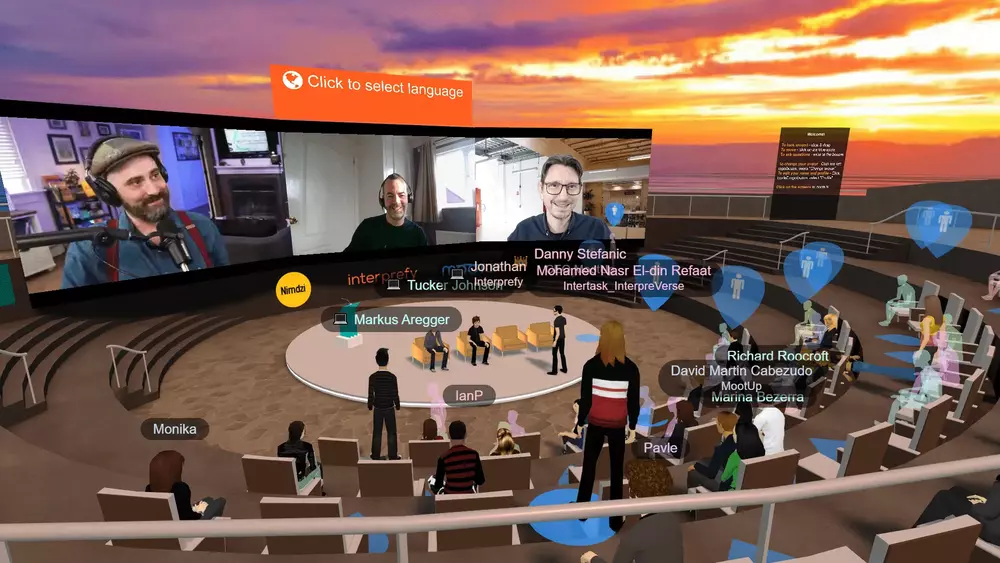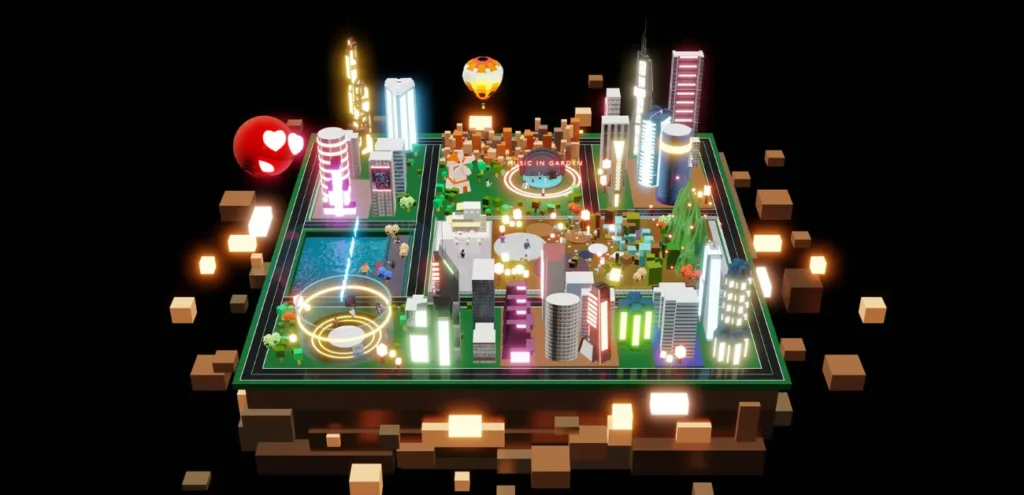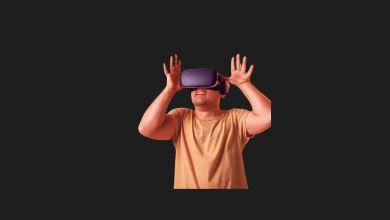5 Sectors Where Metaverse Technology is Widely Used

The Metaverse, often associated with gaming and the online world, has far-reaching implications beyond just entertainment.
It’s steadily integrating into our daily lives, with its market estimated to be worth around $800 billion. This growing realm isn’t limited to kids and gamers; it’s expanding across various business sectors, attracting significant interest from companies.
The Metaverse’s main appeal across industries lies in its ability to facilitate efficient and effective interactions. Users can engage not only with companies but also with each other in tailor-made digital environments.
This technology enables businesses to forge new connections with customers and craft immersive experiences. The successful adoption and potential ROI of Metaverse technology heavily rely on advanced IT infrastructure, making IT professionals crucial in this domain.
Here, we explore 10 industrial sectors that are currently utilizing or are poised to adopt the Metaverse technology, showcasing its diverse applications and growing relevance in the business world.
1.Retail

While the term “Metaverse” did not originate from Meta (formerly Facebook), the tech giant has become closely associated with the concept. In its widely discussed video released in October, the company showcased the potential of the Metaverse for the retail sector. Meta has even opened a real-world store dedicated to selling VR headsets, which are essential for accessing much of this technology.
Numerous brands have already ventured into the Metaverse for retail purposes, and there is increasing evidence suggesting that 3D, augmented reality (AR), and virtual reality (VR) technologies can significantly enhance marketing strategies. These developments mark a significant shift in how companies interact with consumers and present their products in an increasingly digital world.
2.Virtual meetings and events

Metaverse technology is introducing innovative ways of interaction, such as Apple’s development of a head-mounted display. This device integrates physical hand and arm movements, enhancing user presence in virtual meetings.
Roblox, a prominent player in the Metaverse, garnered attention by hosting virtual concerts featuring artists like Lil Nas X during the early stages of the COVID-19 pandemic.
Additionally, Disney CEO Bob Chapek has recognized the significance of the Metaverse, making it a strategic priority for the company. These advancements are shaping new forms of digital engagement and entertainment, underscoring the Metaverse’s evolving impact.
3.Real Estate

Ironically, real estate is experiencing significant growth within the Metaverse. Platforms like Decentraland are selling “land,” which refers to virtual spaces. These spaces can be developed into virtual hubs or utilized to create online experiences for employees or customers. The advent of Metaverse technology presents exciting possibilities for real estate agents, especially those accustomed to working with remote sellers.
For instance, potential homebuyers or renters can use VR to design or explore homes they are interested in, regardless of their location nationwide. They can also experiment with different aspects of a home, such as testing various paint colors virtually. This innovative approach is transforming traditional real estate practices, aligning them with the digital advancements of the Metaverse.
4.Software development

The emergence of these new technologies in the Metaverse will undoubtedly demand the expertise of software developers for creation and maintenance. Similar to physical engineering projects, the Metaverse opens up a world of opportunities for software engineers, particularly in terms of virtual collaboration and testing.
For instance, Unity Software offers real-time 3D software development capabilities through augmented or virtual reality.
This enables companies to develop Metaverse software within a virtual environment. With many tech companies transitioning to remote or hybrid work models, utilizing Metaverse technology could become an increasingly attractive option. It provides a way to extend the scope of operations management, allowing for more versatile and expansive business practices in a digital landscape.
5.Game

The intertwining of the Metaverse and gaming is not a novel concept. Second Life, which entered the scene nearly a decade ago, still maintains a robust community engaged in its Metaverse.
Additionally, games like Minecraft, Roblox, and Fortnite, which cater to both kids and adults, are consistently leveraging Metaverse technology.
Looking ahead, it’s evident that the gaming industry is increasingly focusing on the Metaverse. This shift is driven by the Metaverse’s immense potential to offer captivating and immersive experiences to a wide audience.











